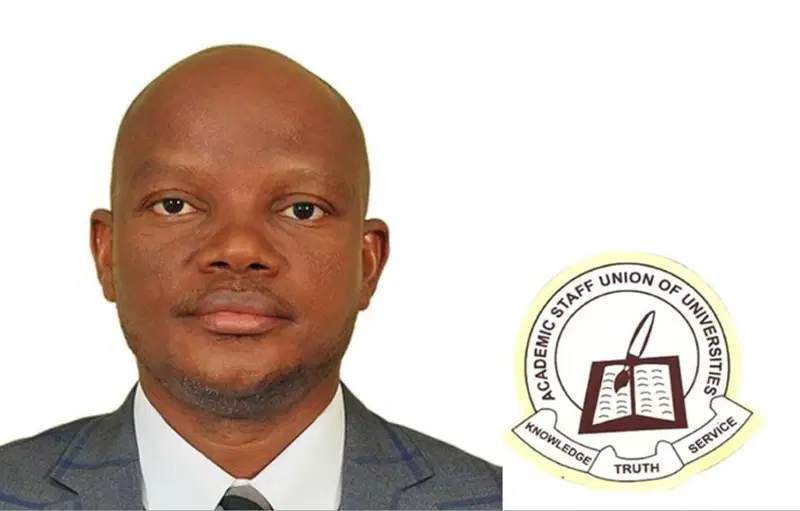The Academic Staff Union of Universities (ASUU) has sounded the alarm over the federal government’s “inconsistent” approach to the ongoing talks on the 2009 FGN‑ASUU agreement. At its National Executive Council (NEC) meeting in Jalingo, Taraba State University (Nov 8‑9, 2025), the union reviewed the negotiations and found the pace “unimpressive” and the government’s commitment lacking
ASUU recalled that it suspended a warning strike on Oct 21, 2025, as a goodwill gesture after massive support from students, parents, the Nigeria Labour Congress, the media and the public. The suspension was meant to give the government a one‑month window to wrap up the renegotiation. Instead, the union says progress has been minimal and the proposed salary increase is “a mere drop in the ocean” that won’t stop the brain drain
The government is treating education like a commercial venture, which ASUU says is wrong for sustainable development.
Despite modest non‑monetary gains, the union insists that salary scales and conditions of service remain critical and must be addressed urgently.
ASUU condemned the government’s piecemeal gestures—such as partial payment of promotion arrears from 2017 and the release of third‑party deductions—calling them “not major achievements.”
Using FAAC data, ASUU highlighted that state revenues rose from ₦3.92 trillion (2022) to ₦5.81 trillion (2024) and federal allocations grew from ₦3.42 trillion to ₦4.65 trillion in the same period, arguing that the problem is political will, not lack of funds
The union urged the government to use the remaining days of the one‑month window “judiciously” to reach a holistic deal that improves academics’ welfare and upgrades university infrastructure. It also called on traditional rulers, labour unions, students, civil society and all Nigerians to keep pressuring the government to prioritize
The Academic Staff Union of Universities (ASUU) has sounded the alarm over the federal government’s “inconsistent” approach to the ongoing talks on the 2009 FGN‑ASUU agreement. At its National Executive Council (NEC) meeting in Jalingo, Taraba State University (Nov 8‑9, 2025), the union reviewed the negotiations and found the pace “unimpressive” and the government’s commitment lacking ¹.
ASUU recalled that it suspended a warning strike on Oct 21, 2025, as a goodwill gesture after massive support from students, parents, the Nigeria Labour Congress, the media and the public. The suspension was meant to give the government a one‑month window to wrap up the renegotiation. Instead, the union says progress has been minimal and the proposed salary increase is “a mere drop in the ocean” that won’t stop the brain drain
The government is treating education like a commercial venture, which ASUU says is wrong for sustainable development.
Despite modest non‑monetary gains, the union insists that salary scales and conditions of service remain critical and must be addressed urgently.
ASUU condemned the government’s piecemeal gestures—such as partial payment of promotion arrears from 2017 and the release of third‑party deductions—calling them “not major achievements.”
Using FAAC data, ASUU highlighted that state revenues rose from ₦3.92 trillion (2022) to ₦5.81 trillion (2024) and federal allocations grew from ₦3.42 trillion to ₦4.65 trillion in the same period, arguing that the problem is political will, not lack of funds
The union urged the government to use the remaining days of the one‑month window “judiciously” to reach a holistic deal that improves academics’ welfare and upgrades university infrastructure. It also called on traditional rulers, labour unions, students, civil society and all Nigerians to keep pressuring the government to prioritize education and grant lecturers a living wage
ASUU’s warning comes as the country grapples with an education crisis, brain drain, and rising insecurity in schools.
The union’s stance underscores a growing impatience among educators who feel the government is not treating their demands with the seriousness they deserve.